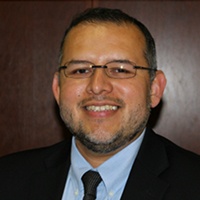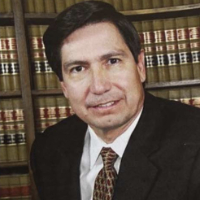Cibolo Felony Lawyer, Texas
Sponsored Law Firm
-
 x
x

Click For More Info:
-
Law Office of Robert R. Jones III
2411 Emancipation Ave, Suite 202, Houston, TX 77004» view mapCriminal Defense Expert Representation for Reasonable Rates
If you need representation, call me 24/7.
800-883-8760
Jaime Aldape
✓ VERIFIEDCriminal, Felony, Misdemeanor, DUI-DWI
100% Criminal Defense
The Aldape Law Firm P.L.L.C. is 100% devoted to criminal defense. This includes: State and Federal Criminal Cases - examples: DWI, Drug Possession... (more)
Robert J. Barrera
✓ VERIFIEDCriminal, DUI-DWI, Felony, Misdemeanor
When you face civil or criminal charges, you need an attorney with the experience and competence to ensure the best possible outcome for your case. Tr... (more)
FREE CONSULTATION
CONTACTGary Churak
White Collar Crime, Misdemeanor, Felony, Criminal
Status: In Good Standing Licensed: 42 Years
FREE CONSULTATION
CONTACTFREE CONSULTATION
CONTACTFREE CONSULTATION
CONTACTFREE CONSULTATION
CONTACTFREE CONSULTATION
CONTACTAndrew Preece
White Collar Crime, Felony, DUI-DWI, Criminal
Status: In Good Standing Licensed: 26 Years
FREE CONSULTATION
CONTACT Robert Jones San Antonio, TX
Robert Jones San Antonio, TX AboutLaw Office of Robert R. Jones III
AboutLaw Office of Robert R. Jones III Practice AreasSpecializations
Practice AreasSpecializations


